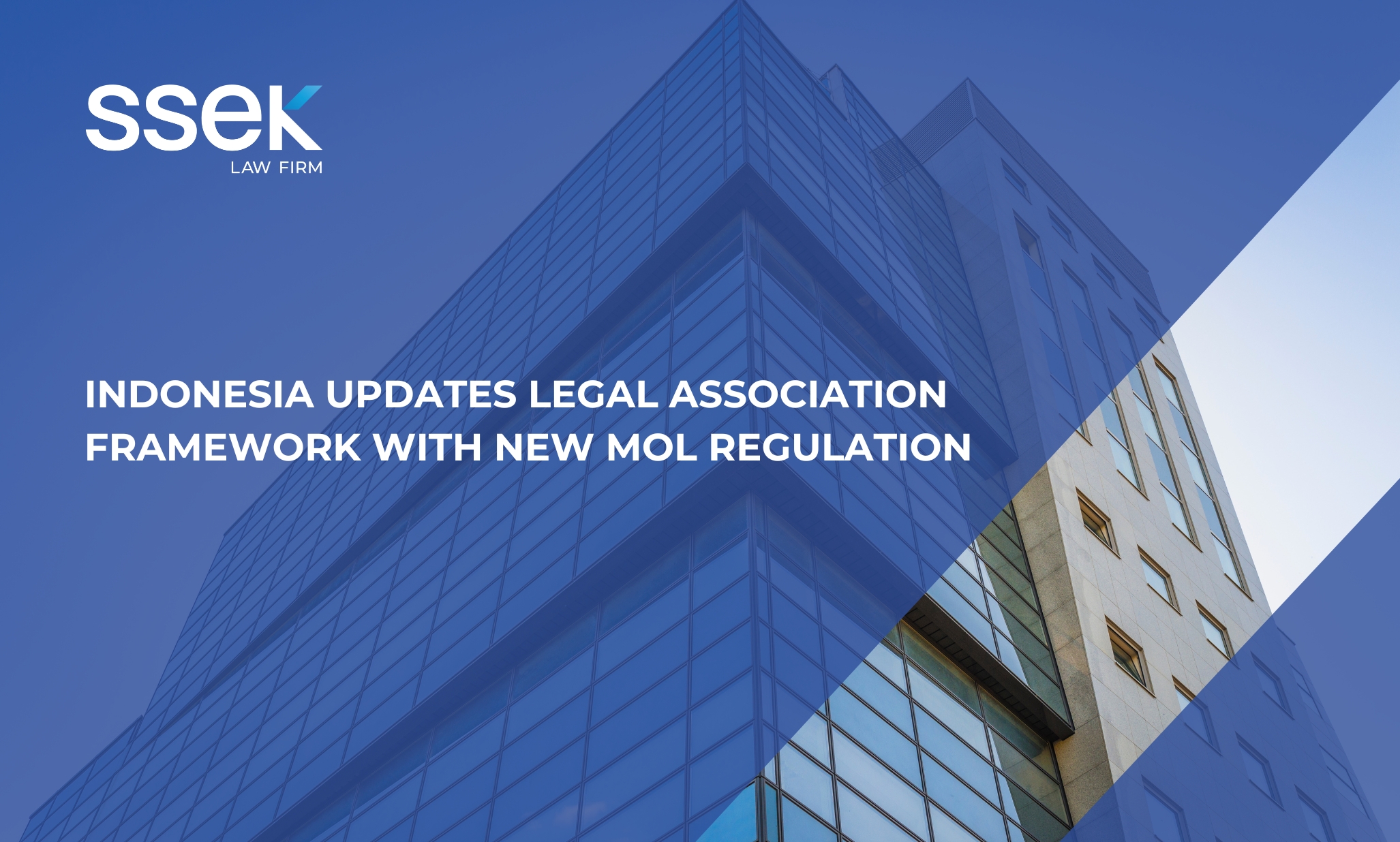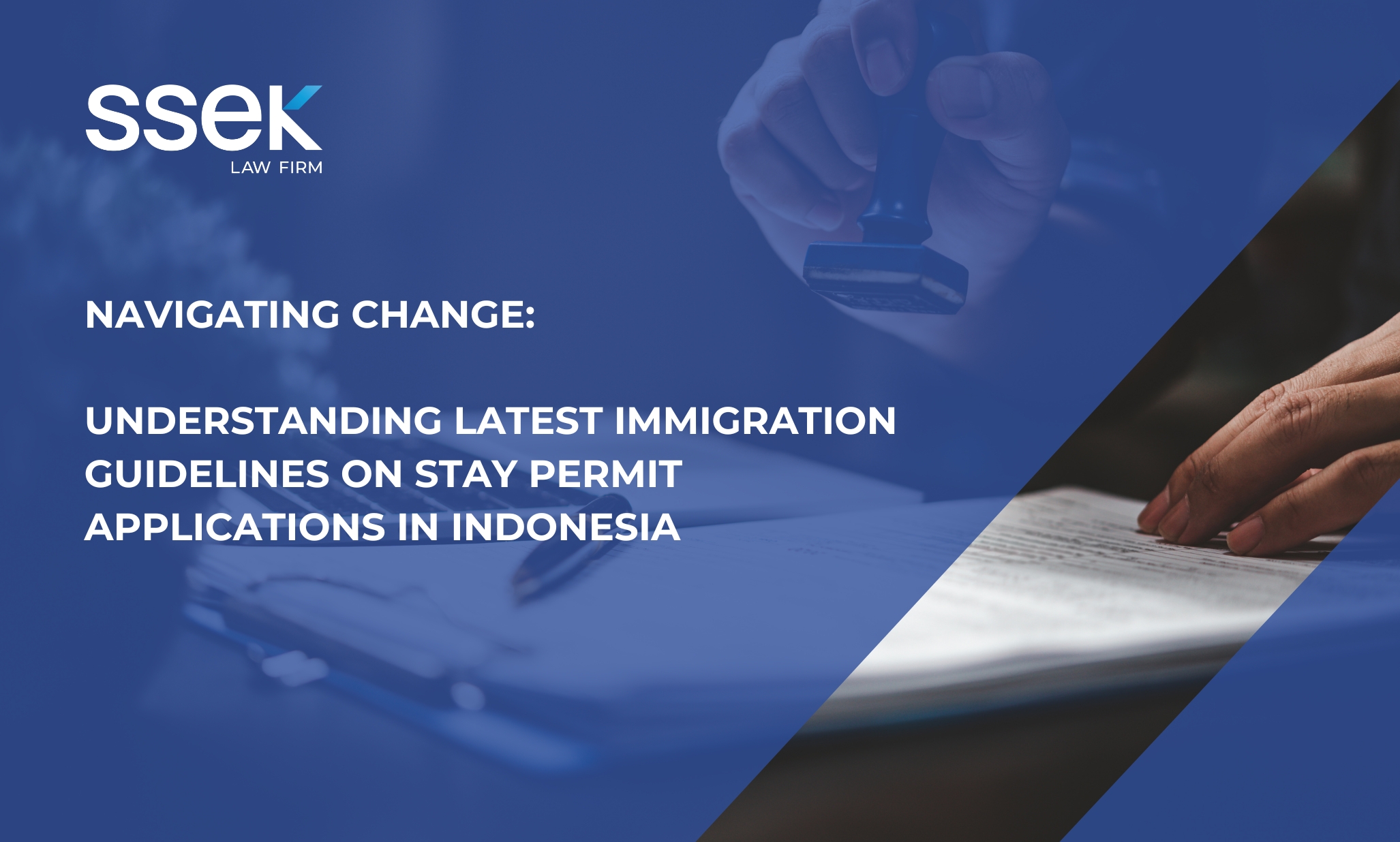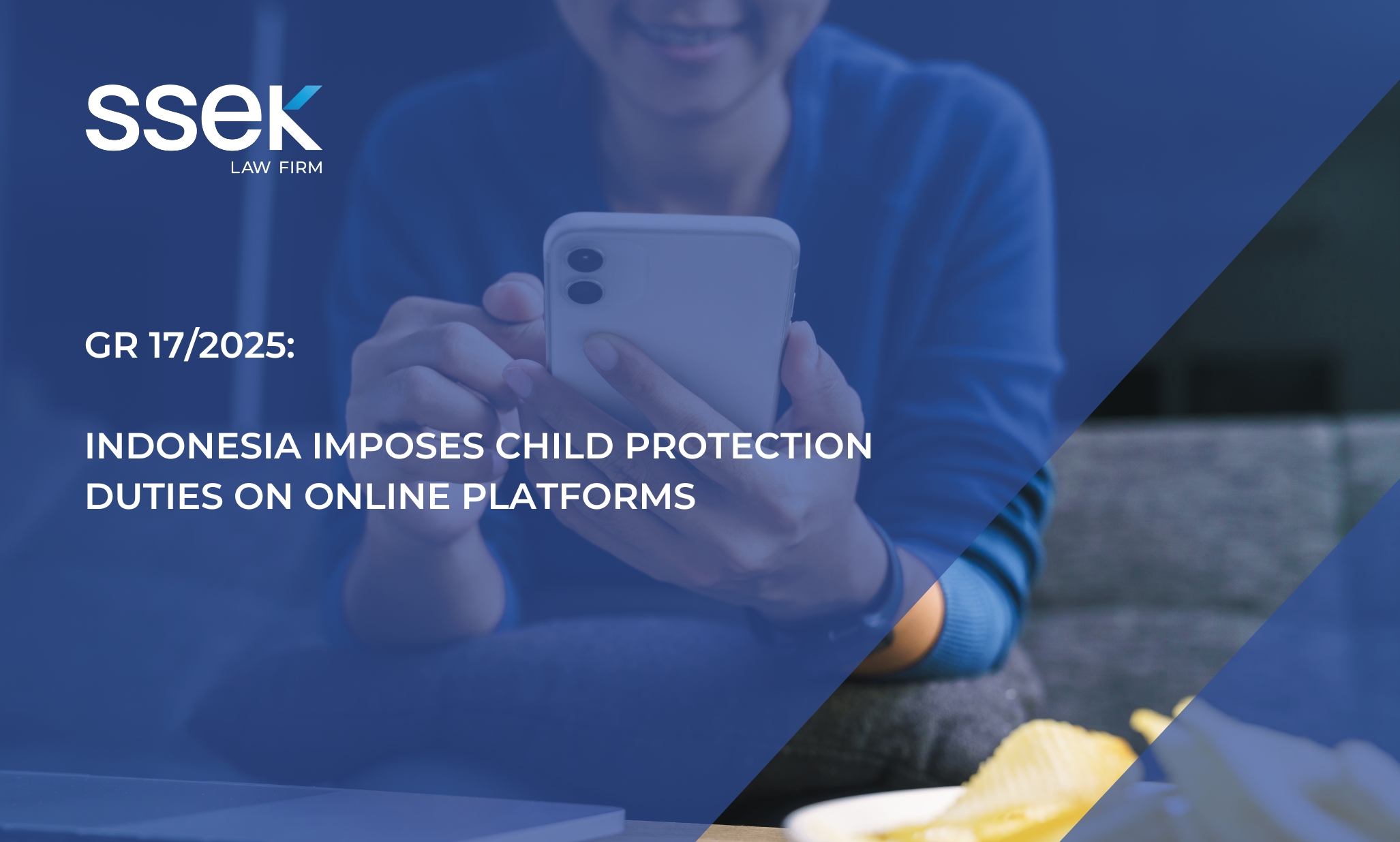

Under Indonesian capital markets laws and regulations, special licensing or approval is not required, except for a securities company acting as a stockbroker, where both the buyer and seller must be licensed by the Indonesian Financial Services Authority (Otoritas Jasa Keuangan) (OJK). No Indonesian licence, approval or permit is generally required for either the buyers or sellers, except in circumstances where a sectoral regulation is triggered, such as e purchase of a substantial stake in a bank or insurance company.
Private equity funds in Indonesia are not considered investment companies and do not have a specific licence separate from that required by venture capital funds.
Exemptions
Although private placement is not specifically regulated under Indonesian law, there are exemptions by which an offering of offshore funds in Indonesia is considered a "public offering." The exemptions are as follows:
- OJK regulations provide that if the amount of the offering is less than IDR1 billion, there is no public offering and no registration is required, irrespective of the number of offerees or buyers. This exemption is unlikely to be of much use to the offshore fund issuer as a practical matter since the threshold amount can easily be exceeded.
- The offering of offshore mutual funds in Indonesia will not trigger a "public offering" if no mass media is used (that is, newspapers, magazines, film, television, radio and other electronic media, or letters, brochures, and other printed matter distributed to more than 100 persons). Any offering of securities through the mass media requires a registration statement with the OJK since it is presumed that such an offering will be seen by and is therefore made to more than 100 offerees, fulfilling the 100/50 test.
- The inability to offer the funds to more than 100 parties or sell the securities to more than 50 parties during the time period of the offering. The 100/50 test applies as long as the offshore mutual fund continues to be offered. OJK regulations provide that the offering period continues unless interrupted for a 12-month period, meaning that if it takes three years to reach 100 offerees or 50 buyers the offering continues to be a private offering until such public offering conditions are met.
This first appeared in Private Equity in Indonesia: Market and Regulatory Overview, published by Thomson Reuters Practical Law.
This publication is intended for informational purposes only and does not constitute legal advice. Any reliance on the material contained herein is at the user's own risk. All SSEK publications are copyrighted and may not be reproduced without the express written consent of SSEK.









